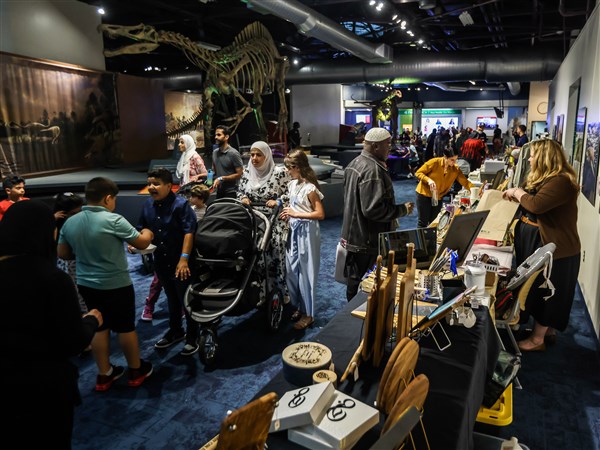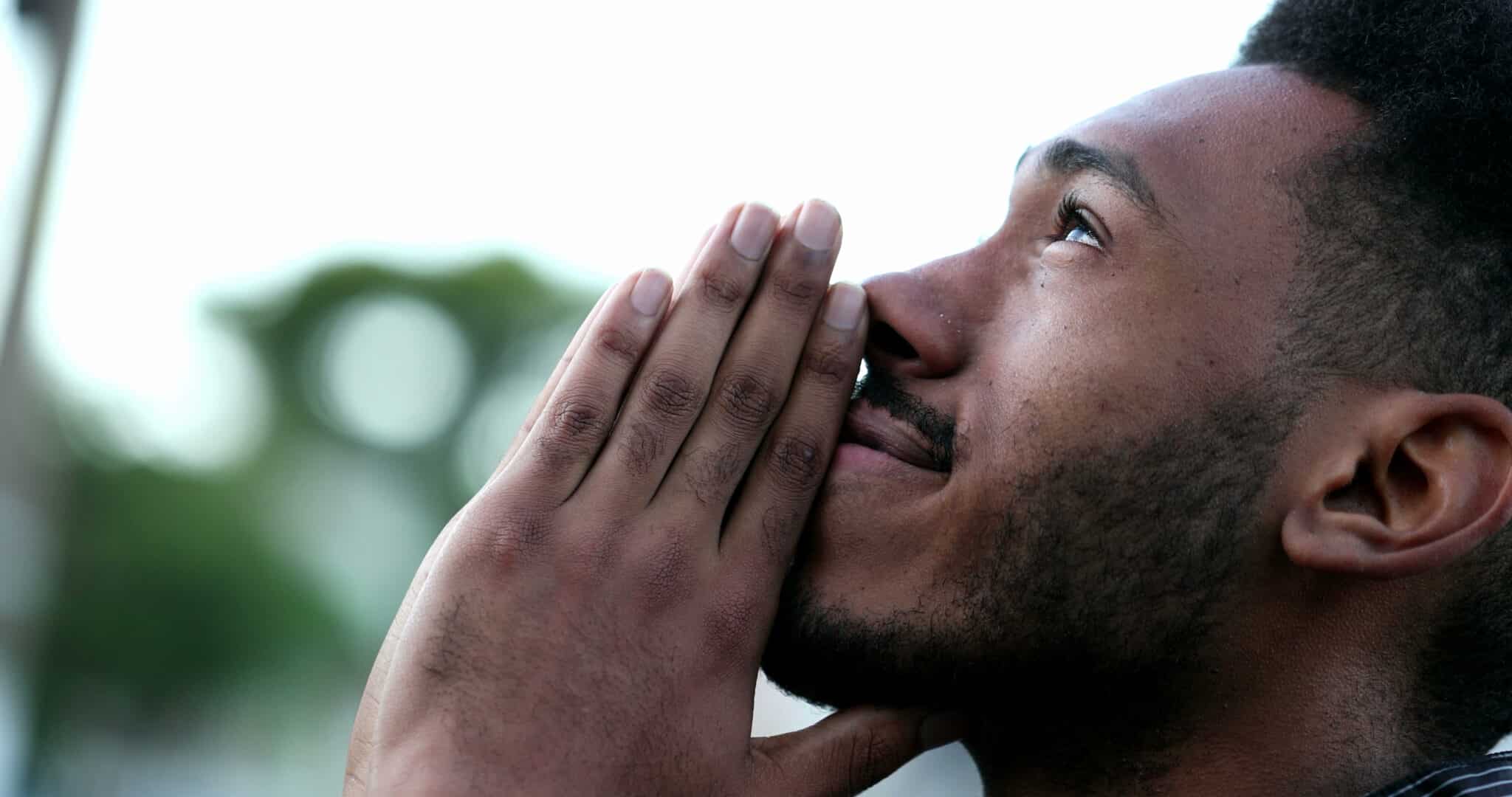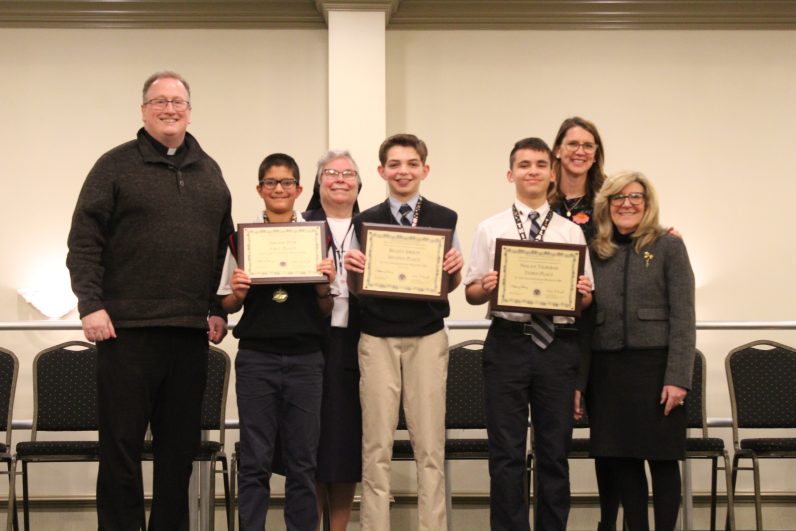Beyond Belief: The Rise of America's Religiously Unaffiliated Generation
Religion
2025-04-07 02:07:24Content

In the complex landscape of modern spirituality, the rise of religiously unaffiliated individuals offers a profound insight into the nuanced relationship between personal identity and genuine spiritual authenticity. These individuals, often labeled as "nones" in sociological research, represent a growing demographic that challenges traditional religious paradigms.
Their journey is not about rejecting spirituality, but about seeking a more personal, meaningful connection with existential questions. By listening carefully to their narratives, we can uncover a rich tapestry of individual spiritual exploration that transcends institutional boundaries.
Many unaffiliated individuals are not atheists, but spiritual seekers who find conventional religious structures limiting. They prioritize personal experience, critical thinking, and a fluid understanding of belief that resists rigid categorization. Their approach suggests that authenticity emerges not from conforming to established religious frameworks, but from honest self-reflection and genuine spiritual inquiry.
This shift represents more than a statistical trend; it's a cultural transformation. It invites us to reimagine spirituality as a deeply personal journey, where identity is not predetermined by institutional affiliations, but dynamically constructed through individual experience and introspection.
Understanding the religiously unaffiliated requires empathy, open-mindedness, and a willingness to listen without judgment. Their stories reveal that spiritual authenticity is less about belonging to a specific group and more about maintaining intellectual and emotional integrity in one's quest for meaning.
Navigating Spiritual Identity: Unveiling the Depths of Religious Unaffiliation
In an era of evolving spiritual landscapes, the conversation surrounding religious identity has become increasingly complex and nuanced. The growing demographic of religiously unaffiliated individuals represents a profound shift in how people conceptualize personal belief systems, challenging traditional notions of spiritual belonging and self-understanding.Exploring the Uncharted Territories of Modern Spiritual Experience
The Changing Paradigms of Religious Engagement
Contemporary society witnesses a remarkable transformation in how individuals approach spiritual connections. The traditional frameworks of religious affiliation are gradually giving way to more personalized, introspective approaches to understanding one's existential journey. People are no longer content with inherited belief systems but are actively seeking meaningful spiritual experiences that resonate with their individual perspectives. The phenomenon of religious unaffiliation represents more than a mere statistical trend; it signifies a deeper psychological and sociological shift. Individuals are increasingly prioritizing personal authenticity over institutional conformity, challenging long-established religious narratives and creating space for more fluid, dynamic spiritual explorations.Decoding the Psychological Landscape of Spiritual Identity
Understanding religious unaffiliation requires a nuanced examination of individual motivations and emotional landscapes. Many individuals who identify as religiously unaffiliated are not rejecting spirituality itself, but rather traditional institutional structures that feel restrictive or disconnected from their lived experiences. This demographic represents a sophisticated approach to spiritual understanding, characterized by intellectual curiosity, critical thinking, and a desire for genuine personal connection. They are often more interested in exploring philosophical questions, embracing diverse perspectives, and maintaining an open-minded approach to existential inquiries.The Societal Implications of Spiritual Diversity
The rise of religious unaffiliation signals a broader cultural transformation, challenging established social narratives and encouraging more inclusive dialogues about belief systems. This trend reflects a growing recognition of individual autonomy and the importance of personal spiritual journeys that transcend traditional religious boundaries. Sociologists and religious scholars are increasingly recognizing that spiritual identity is not a binary construct but a complex, multifaceted spectrum of experiences. The religiously unaffiliated are not defined by what they do not believe, but by their commitment to authentic, meaningful exploration of existential questions.Navigating Personal Authenticity Beyond Institutional Frameworks
The journey of religious unaffiliation is fundamentally about personal authenticity and the courage to question inherited belief systems. It requires individuals to develop robust critical thinking skills, emotional intelligence, and a willingness to engage with complex philosophical concepts. By embracing uncertainty and maintaining intellectual humility, the religiously unaffiliated demonstrate a profound commitment to personal growth and understanding. They represent a dynamic, evolving approach to spirituality that prioritizes individual experience over institutional dogma.The Future of Spiritual Exploration
As society continues to evolve, the landscape of religious and spiritual engagement will undoubtedly become more diverse and complex. The rise of religious unaffiliation is not a conclusion but a continuing conversation about human experience, identity, and the perpetual quest for meaning. This emerging demographic challenges us to reimagine spirituality as a deeply personal, continuously unfolding journey of self-discovery and understanding, unrestricted by traditional institutional boundaries.RELATED NEWS
Religion

Unity in Celebration: Local Muslims Mark Eid with Vibrant Community Gathering
2025-04-03 07:45:00
Religion

Faith Unbound: The Great American Spiritual Shift Away from Organized Religion
2025-04-16 13:19:35
Religion

March Madness Meets Spirituality: Unexpected Lessons from the Basketball Court
2025-04-04 15:40:03





